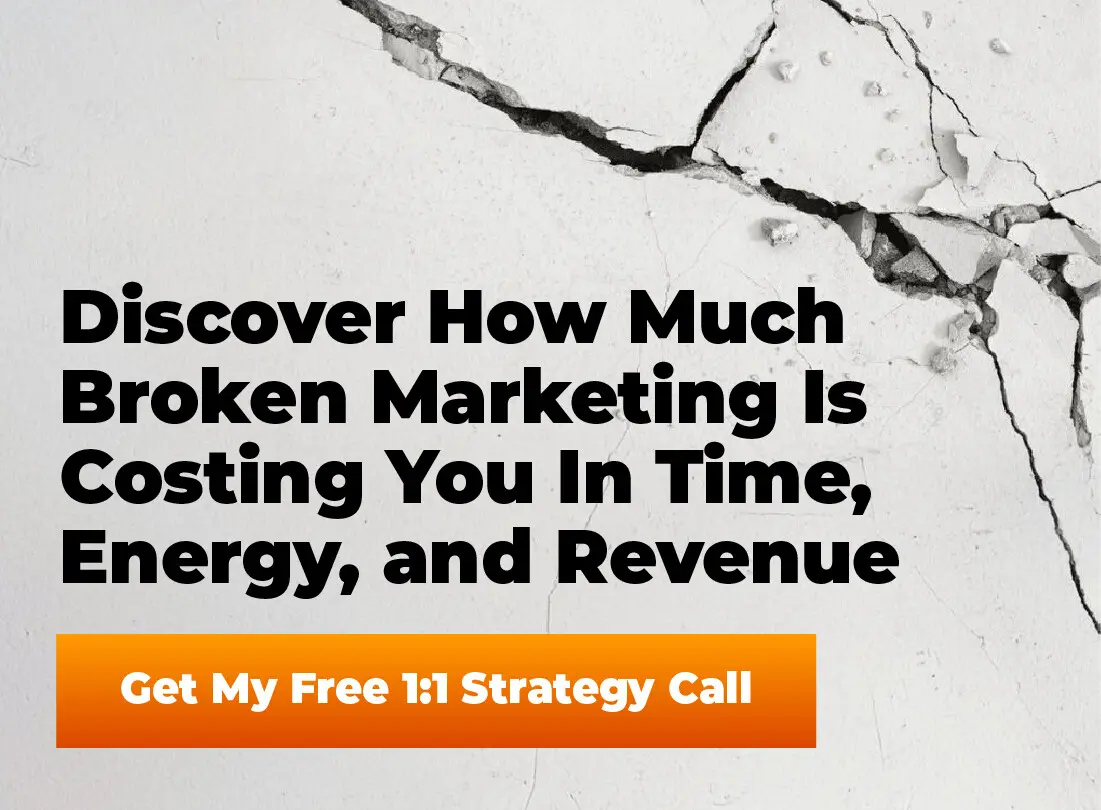Is YouTube a Social Media Platform?
In the digital marketing world, platforms are often categorized as either search engines, social media networks, or content distribution channels. YouTube, launched in 2005, remains a fascinating case for debate. Is it a social media platform? Or does it belong to another category? For marketers, understanding YouTube’s classification is crucial for leveraging it effectively in campaigns. Let’s explore the debate and its implications for marketing strategies.
Table of Contents
Defining Social Media Platforms
Before diving into YouTube’s classification, it’s essential to define what a social media platform is. Social media platforms are generally characterized by:
- User-Generated Content: Platforms thrive on content created and shared by users, such as posts, videos, or images.
- Networking and Interaction: Users connect, follow, and engage with each other via likes, comments, shares, and private messaging.
- Community Building: Groups, pages, and hashtags facilitate niche communities and conversations around shared interests.
- Real-Time Updates: Social media often prioritizes immediacy, making fresh, timely content a focal point.
Now, how does YouTube align with these characteristics?
The Case for YouTube as a Social Media Platform
YouTube checks many of the boxes traditionally associated with social media platforms:
1. User-Generated Content at Its Core
YouTube is driven by creators uploading videos on a wide range of topics, from how-to tutorials to entertainment, vlogs, and documentaries. This user-generated content fuels the platform’s popularity and aligns YouTube with other social networks like Facebook and Instagram.
2. Interaction and Engagement
YouTube enables interaction through comments, likes, shares, and subscriptions. Users can engage in conversations, support creators with “Super Chats” during live streams, and express opinions, all of which mirror the interactive elements of traditional social media.
3. Community Development
With the introduction of features like YouTube Communities and membership options, creators and users can foster deeper connections. This includes creating polls, sharing behind-the-scenes content, and engaging in exclusive interactions. Such features are designed to cultivate community engagement, just as Facebook Groups or Reddit forums do.
4. Algorithm-Driven Content Discovery
YouTube’s algorithm, like those on other social media platforms, plays a key role in surfacing content that aligns with a user’s preferences. While primarily focused on video, this algorithm ensures users spend more time on the platform and discover new creators—hallmarks of social networking.
Arguments Against YouTube as a Social Media Platform
Critics argue that YouTube does not fully fit the mold of social media platforms for several reasons:
1. Primarily a Content Distribution Platform
YouTube’s primary focus is video hosting and distribution rather than fostering social interactions. Unlike platforms like Twitter or Instagram, where interaction often centers around short, real-time updates, YouTube’s interactions are typically tied to long-form video content.
2. Asynchronous Engagement
Engagement on YouTube lacks the real-time immediacy seen in platforms like Facebook or TikTok. While creators can livestream, the bulk of YouTube’s content consumption occurs asynchronously, meaning users engage with videos at their convenience, not in real-time.
3. Limited Peer-to-Peer Networking
YouTube is more creator-centric than peer-to-peer-focused. While users can subscribe to channels, follow creators, and engage with content, the platform lacks a robust system for direct networking between users (e.g., private messaging or direct connections).
4. Search Engine Characteristics
Owned by Google, YouTube also functions as the second-largest search engine in the world. Users often turn to YouTube for informational content, tutorials, and product reviews, akin to how they use traditional search engines like Google or Bing.
What It Means for Marketers: Is YouTube Social Media?
Whether YouTube is classified as a social media platform or not, it is undeniably a powerful tool for marketers. Its hybrid nature—combining elements of search engines, social networks, and content platforms—makes it an essential part of any marketing strategy.
1. SEO and Video Optimization
YouTube’s integration with Google makes it a vital channel for SEO strategies. Videos hosted on YouTube can rank in both YouTube search results and Google search results, providing dual exposure. Marketers can leverage this to optimize their video titles, descriptions, and tags with relevant keywords to improve visibility.
2. Social Media Marketing
YouTube’s social elements—like comments, shares, and community posts—offer opportunities to engage directly with an audience. Brands can create shareable content, encourage comments, and build a subscriber base for long-term loyalty.
3. Advertising Potential
YouTube’s vast user base and targeted advertising options (via Google Ads) enable businesses to reach specific demographics effectively. Whether it’s through skippable ads, display ads, or influencer collaborations, YouTube offers a variety of ways to connect with consumers.
4. Community Building
For brands aiming to foster deeper connections, YouTube can serve as a platform for community building. Sharing behind-the-scenes content, hosting Q&A sessions, and live-streaming events are just a few ways to create meaningful interactions.
5. Hybrid Strategies
YouTube’s dual nature allows marketers to develop hybrid strategies. For example, a business could use the platform for long-form educational content while simultaneously promoting social campaigns through its community features.
The Future of YouTube: Social Media or Content Platform?
The debate over whether YouTube is a social media platform isn’t just academic—it has real implications for how marketers approach the platform. Moving forward, YouTube’s ongoing development of features, such as Shorts (a TikTok-like short-form video option), community tools, and e-commerce integrations, may further solidify its status as a hybrid platform.
As these changes unfold, marketers must remain agile and adapt their strategies to harness YouTube’s full potential. Whether through social engagement, content distribution, or paid advertising, YouTube’s unique position in the digital ecosystem makes it indispensable.
Leveraging YouTube for Business Growth
So, is YouTube social media? The answer isn’t clear-cut. It possesses characteristics of both a social media platform and a content distribution channel, making it a hybrid tool with immense potential. For marketers, this means an opportunity to leverage its unique blend of features to achieve diverse goals, from brand awareness to lead generation.
At BizIQ, we understand how to navigate platforms like YouTube to deliver results for your business. Whether you need assistance with local or organic SEO, PPC campaigns, social media management, or website design, our team of digital marketing experts is here to help. Contact us today for a comprehensive analysis and a tailored marketing strategy to help your business grow. Let’s use YouTube and other digital tools for your benefit!










